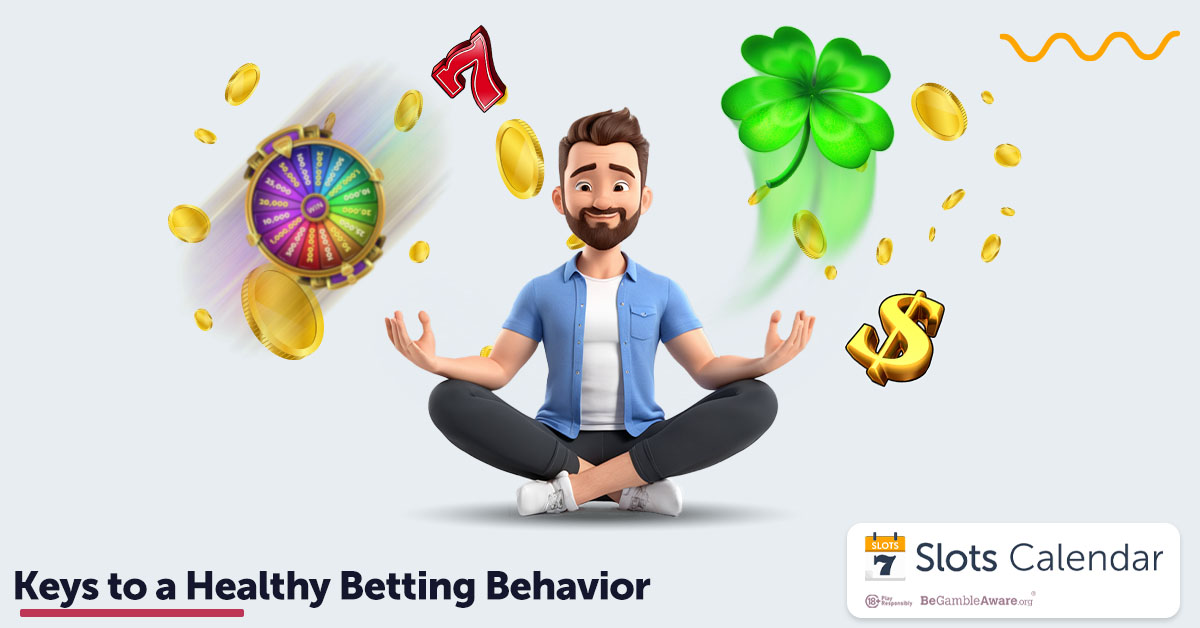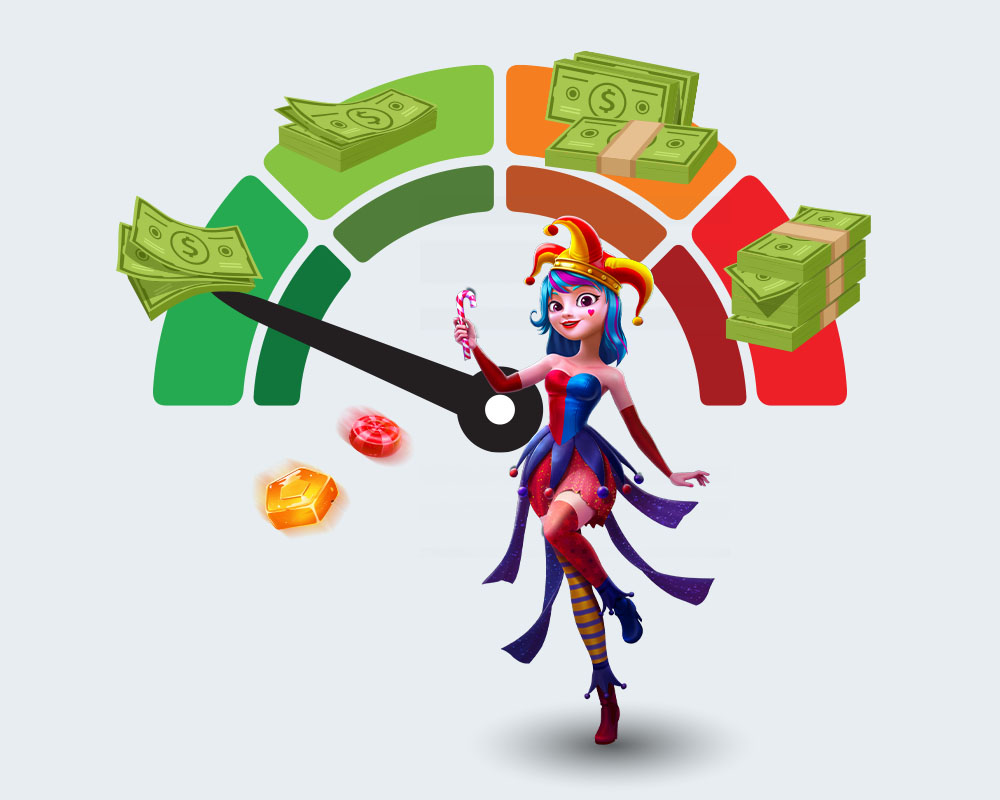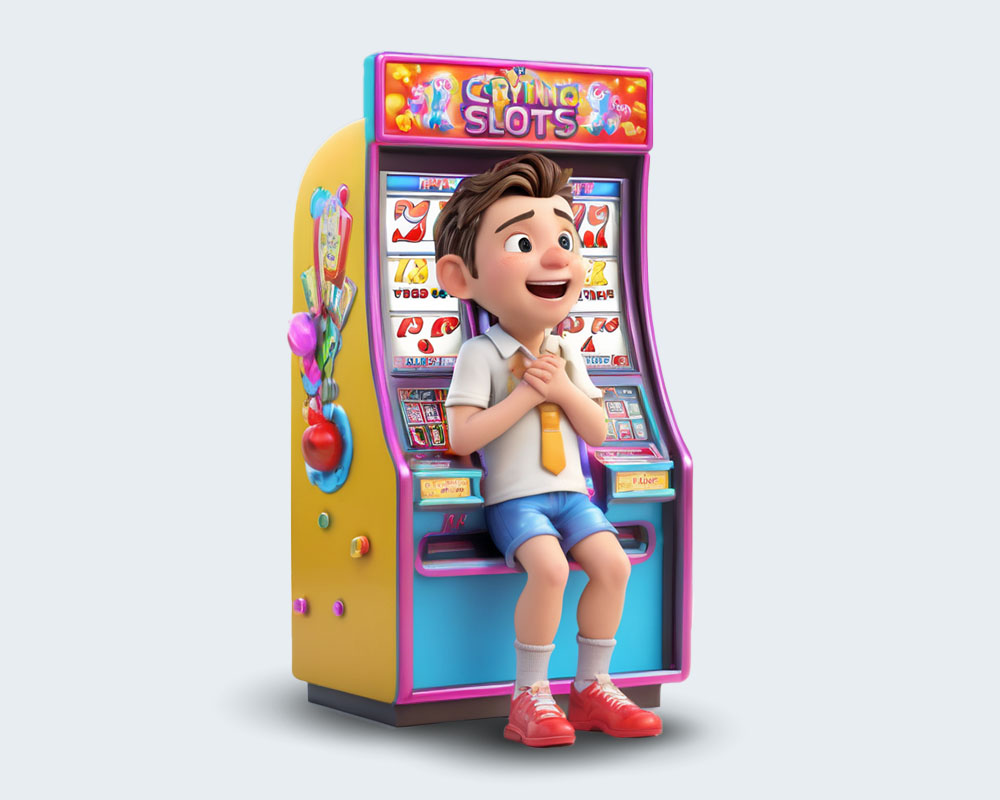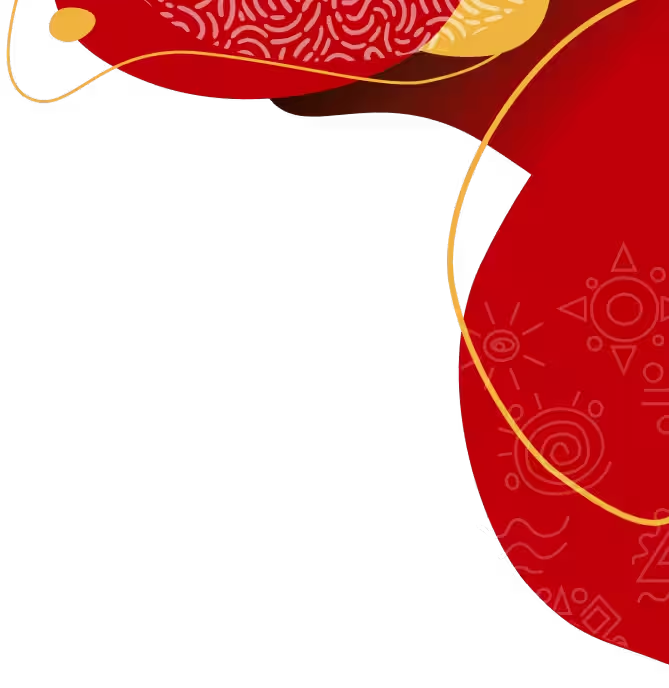
Studies show that there will be more than 176 million active gamblers in the online industry in 2024. Another study from Statista shows that this number could increase to 210 million by 2025. With numbers this high, the possibility of addiction and unethical financial decisions is very high. We need to evolve to understand the mechanics of ethical gambling.
Find out, with the help of this blog, what ethical gambling is and what role responsibility plays in this industry. Learn what tools to use and the best mindset for gambling to remain a funny and enjoyable activity.
The Potential Risks of Compulsive Gambling
Let's do a quick exercise of imagination to help you understand how fast gambling can become an addiction. Imagine Elizabeth, an adult woman with a happy family. She is happy with her husband and job, and they have one child together. During her lunch break, she scrolls on her phone and discovers a mobile gambling app.
She is curious and starts to play for fun, with just a few dollars here and there. Soon, the excitement will take over. She opens the app again the next day but increases her bets. The next day, she tries new games. She starts chasing that thrilling sensation, but mostly, she is losing money.
Her bank account keeps getting smaller, but she believes that increasing her bets will help her recover the losses. The account is empty now, and she is too ashamed to tell her husband. The situation is already critical, but it can get much worse. Elizabeth might borrow money, chasing her losses again, which can lead to a less-than-happy ending.
Her biggest mistake was to gamble more than she could afford to lose, and this can lead to so many problems. Here are a few examples to help you better understand:
- Losing money that you can't afford to lose: Rent money, utility bill money, or even money you have to save for your children's education. Some people go beyond the limits and steal money from the company they work for.
- Addiction: Gambling is enjoyable, and it becomes even more enjoyable when you start winning. But there are severe consequences for those who do not understand how dangerous that thrill can be. Some people may consider gambling a source of income or a fast solution to earn some money. Both are wrong, and we encourage you to always consider gambling a fun activity, not an income-generating solution.
- Affect your emotions: Gambling can drastically influence your emotions. Winnings can make you feel pleased, while losses make you feel sad and hopeless. Your inner circle will be impacted as well, particularly those who are close to you.
- Toxic behavior: Gambling addicts may lie about their schedules, activities, or intentions. Some may refuse to spend time with their partners or even break trust because of bad financial decisions.
Awareness and Self-Monitoring
The best way to avoid getting caught in the vicious circle of bad gambling decisions is to be self-aware. Monitoring yourself and how you react to specific triggers can help you understand if gambling is safe for you or if a break is necessary.
Taking breaks is a healthy, responsible action, but before we discuss those, we must understand what it means to gamble ethically. Playing responsibly and being mindful of the risks are the two components of ethical gambling. They contribute not only to a safer personal gambling environment but also to better risk management.
There are a few ethical gaming principles that can educate any gambler, beginner or professional, on how to accept the nature of loss and how to keep in contact with reality.
The Fundamentals of Ethical Gaming
Firstly, responsible gambling is a set of rules you must follow to avoid financial or psychological risks. Being responsible means constantly checking to see if everything is under control and if this hobby is affecting you in any way.
On the other hand, ethical gaming goes a step further and holds businesses and governments accountable for both measures and the causes of gambling's harm. Ethical gaming aims to prevent health concerns, including gambling disorders, by informing players of the risks this activity involves and the context of gambling from multiple perspectives.
Ethical gaming offers not only recommendations but also the optimal context for players to comprehend the significance of responsibility for their protection. To promote EG, here are some assumptions that better explain why players need guidance and support more than ever:
- Theoretically, gambling meets all the criteria of a zero-sum game. This means that every player is responsible for his actions. One's win is someone else's loss. It gets interesting when you consider that the company managing the casino is a player, too.
- All casino games respect the same rule: they have to be mathematically profitable for the casino. This should give players a chance to understand why gambling is not advised other than for fun. Over time, the casino will always turn a profit, regardless of how much money is wagered by how many players.
- What is troubling is that the brain acts the same in alcohol, drugs, or gambling addictions. From a clinical point of view, the brain does not make a difference between drugs, alcohol, or gambling. All three trigger it in the same way, making it act identically.
- Gambling disorder is not just a set of actions or bad decisions. It is an actual mental disorder that anyone can develop or treat.
- Frequently, information or guidance is not enough for a pathological gambler to seek help or acknowledge their addiction problems.
Ethical Gambling Principles
Ethical gambling can be a filter, a set of actions, or even a set of laws. Together, these must lead to a better understanding of the gambling industry and promote responsibility.
Considering all the facts about the current state of the industry and what actions are necessary for the players to be completely safe, these are the principles of ethical gambling:
- Responsible Gambling
- Age Restriction
- Potential Addiction
With responsible gambling being more broad and impacting the other two, we will focus on describing the importance of a responsible mindset.
Remember that responsible gambling is something you should do for your safety, while ethical gaming is a set of rules and actions that any actor in this industry must be aware of. Each is as important, and none can exist without the other.
Examples of ethical gambling actions
- Accept the losses: No matter the game you are playing or how big the bet size is, there will always be losses. An ethical action would be to understand that losses are inevitable. This means having a mindset that sets your expectations correctly so that losses do not affect you emotionally.
- Understand that games do not favor you: The more aware you are about how casinos work, the better you will understand that your chances never favor you. Slots, table games, and virtual games all feature "Return To Player" rates that are always in the advantage of the casinos.
- Keep your children away from casinos: You are responsible for educating your children and explaining to them what casinos are and what it means to be lucky. Try not to involve them in games of luck, even if they are not part of a casino or virtual casino.
Responsible Gambling Strategies
It is vital to gamble responsibly, not only to make sure that this habit keeps being enjoyable in the long run but also to ensure that it doesn't develop into a bad habit. We have some practical tips that will assist you in keeping your mindset straight and allowing you to enjoy your sessions, regardless of the result.
Conduct Regular Self-Assessments
Another action we consider part of the ethical gaming plethora is conducting regular self-assessments. Doing this will help you recognize addiction symptoms, which can lead to taking action to avoid developing such disorders. Ask yourself these questions:
- "Am I wasting more cash or time than I meant to?"
- "Is gambling affecting my mood or relationships?"
- "Is gambling making me lose concentration at work?"
If the answer is yes to any of them, immediate action will be required, starting with a few weeks of rest from placing bets.
Time and Budget Management

- Time management: Avoid gambling without a schedule because this practice can cause you to lose financial awareness. Establish a weekly period for which you will gamble and never surpass that limit. Let's say that you want to gamble for 5 hours every week. You can split them between your free days or play one hour per day. Whatever works for you, have a schedule.
- Establish a budget: Before beginning to gamble, determine the precise amount of money you can afford to lose and then adhere to it. Consider this spending limit an entertainment expense, like purchasing a cinema ticket.
Every Game Has Odds - Understand Them
Learn as much as you can about the games you play. You can keep your expectations reasonable and make well-informed decisions by being aware of the probabilities. Recall that there is always a house advantage you cannot beat with any strategy.
Recognize the Addiction Symptoms or Warning Signs
Gambling addiction is not easy to manage, but you can prevent it by learning how to recognize the symptoms. For most players, it's the same, so take this list of warning signs and try to be honest with yourself. Admit if something is already happening so you can solve the issue.
- Gaming for longer periods.
- Throwing more money on the line than you can bear to lose.
- Gambling is a way to get over issues or bad feelings.
- Obtaining a loan or liquidating assets to gamble.
- Constantly thinking about gambling.
- Issues paying expenses as a result of gambling losses.
- Speculating to make up for losses.
- Poorly performing at work as a result of gambling stress.
If It's Not Fun Anymore, Stop!
What you want to do if you notice that gambling addiction is starting to settle in is to take action immediately. So, in case you ever need some assistance, here is what you can do to stop gambling from interfering with your life more than it should:
- Take a temporary break. You can do this by self-excluding yourself from the online casinos, blocking your accounts, or asking the support team to do that for you.
- Seek help: The first person you should seek help from is your partner. If you do not currently have a significant other, go to your parents, other family members, or friends. They will know what to do, advise you to take action, or be supportive and help you through your tough times.
Real Stories From Addiction Fighters
We know two real stories that, even today, after years of hearing them from these people, still have an impact on our perspective on gambling. What we know for a fact is that gambling has no age, and addiction might not be part of your life right now. These stories show that life is long, and there might be moments when gambling could sound like a solution.
Story 1 - Louise

Louise is a woman from a small town in the US. At the age of 40, she finds herself feeling bored at home. She is also unhappy in her relationship, which is an important factor for people who search for solutions to alcohol, drugs, or gambling.
Louise is driving to a casino to try a new experience to brighten her day up. Long story short, after a couple of months, she feels the urge to gamble every day. She starts finding excuses to leave the house, she spends from 1 to 5 hours gambling daily, and, of course, she keeps losing money.
She was managing the household finances, so when her husband began to inquire about them, she found herself in a tight spot. Louise was able to gather the courage to inform her family about her gambling addiction. The person who listened to her was her daughter, who advised her to visit a psychiatrist.
After some group meetings and discussions with people facing the same problems, she could stop. The urge to gamble never goes away for good, but what Louise said is that the most important aspect is to reach out to people when she feels like gambling.
Conclusion - It doesn't matter if you are 20 or 50 years old; gambling is appealing at any age, and a responsible approach is advised at any point in our lives.
Story 2 - Thomas

This is a shorter one, but it is definitely one that can teach you how far one can go to keep gambling and chasing losses. Thomas is a young man who starts to gamble for fun. After dinner with his girlfriend, he starts playing some slots and wins. He leaves the casino feeling happy and accomplished, thinking how easy it is.
After a few weeks, he walks by a casino and notices the slots. He goes inside and starts losing 30 dollars, but he continues to load the machine, hoping to get his money back. It doesn't happen, and this is how it starts.
What is fascinating but scary about Thomas's behavior is his ability to lie to his partner. He admits that he is so good at lying that it even scares him. As he states in his declaration, the biggest impact gambling has on Thomas is stress.
The stress is too much, and knowing that nobody knows what he is doing and his partner is being lied to is overwhelming. After 11 years without gambling, Thomas is now active on social media, writing on his blog about gambling and giving advice, recommendations, and support to people in need.
Conclusion - It is important to accept that you are not a bad person if you have an addiction. Accepting it can be hard, but facing your demons is the strongest weapon that can help you overcome anything.
Important Notes
- Ethical gaming promotes responsibility and is a way to inform everyone about the dangerous context of gambling. Responsible gambling is a set of rules you must apply when gambling, while ethical gaming is something we should all promote.
- Excessive gambling comes with a long list of risks and consequences, and people can get hurt.
- There are certain strategies that help you maintain a responsible approach and gamble more efficiently.
- We insist you do not consider gambling as being a safety net for fast income.
- Reflect on your behavior, try to identify addiction symptoms, and reach out to people who can help you overcome difficult times.



